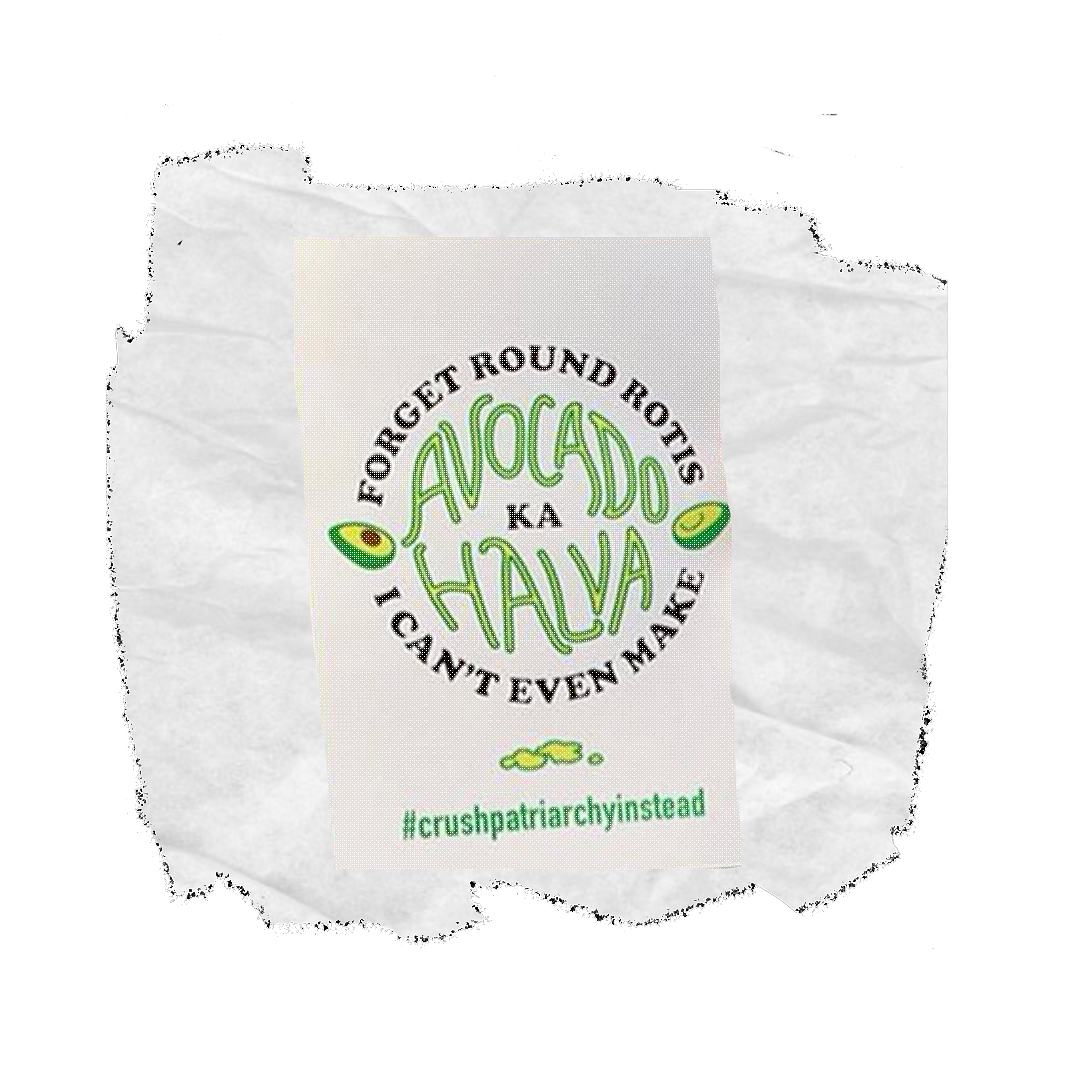We Said Enough!
Amal Shaheedi

Aurat March (Urdu: مارچ عورت), refers to protests organized in various cities of Pakistan including Lahore, Hyderabad, Karachi and Islamabad, to observe International Women’s Day on March 8th 2018, and again the following years.

“The most important thing about the Aurat March, to me at least, is acceptance. Because no one accepts people for who they are anymore, everyone always criticizes. Aurat march is not only for women, it’s also for people who want to feel equal such as the LGBTQ community as well.” - Manhal

“To me atleast, I feel like we really really needed to show that the feminist movement in Pakistan aren’t just keyboard warriors. And by simply going out you can see the physical manifestation of how many people the movement involves.” - Noor.
“It shows women who’re standing up for what they believe is wrong and it shows that women will unite and fight against injustices. So at least there will be some sort of resistance or even change.” -Minahil.

“The Aurat March is a platform where we’re challenging ideas like patriarchy, toxic masculinity, gender roles and many other issues that are not made part of the Pakistani conversation.” - Jazeela
"We were finally reclaming our space- even though it was temporary- it was everything”- Mehru
“In our country there is a severe difference between how men and women are treated. This is because of the lack of education and misogyny is something that needs to be unlearned. Which is why Aurat March is important- not only for women but for men.”- Mujtaba

“It’s not just about marching, it’s about doing something that’s normal for men to do everyday and something we can’t do, for safety reasons.” -Iman
“Feminism is not about just women or a particular gender, it’s actually about equality of all genders. People here perceive that it’s about putting one over the other- but that is not true. 80% of women don’t even work- we need equal mobilization and Aurat March promotes equal mobilization of everything that is accessible to men.”- Zain

As a preteen, I was a tomboy which naturally classified me as a misfit. I remember throwing tantrums when my mother forced me to wear dresses - she wanted me to be like the other girls. I didn’t want to wear dresses, I wanted to throw on a t-shirt and jeans, that was enough for me. At first, it was merely my expression- but as a consequence, of me hanging out with my brother- I developed similar “boyish” interests. I remember my mother snatching the remote from my hands when I would switch the channel to WWE, I recall my father not approving of me watching a game on a Saturday night because I shouldn’t be sitting with the other men of the household. “Do what other women are doing!” Why is Aurat March important to me? It’s important because of all of those times I felt like I wasn’t in control of my life- the times I felt that I was stripped of my expression. Aurat March gives all “misfits” a platform to say “Enough! I am free to be whoever I want.” and reclaim what was taken from us.
Connections
Anisa Al Raisi
Insecurities and objectification Anisa discusses in her extract, in regards to dating apps, undoubtedly connects with my page. “Would I have still manifested these insecurities? would I have been objectified less? or is this just the reality of the patriarchal world we live in?”, Anisas research is a direct consequence of why the Aurat March (my topic) came to be.










